President Muhammadu Buhari presented a budget proposal of N8.6 trillion before a joint session of the national assembly on Tuesday.
Tagged: ‘Budget of Consolidation’, Buhari expressed optimism that the budget would transform the country for the better.
He appealed to members of the national assembly to treat the budget estimate with all seriousness so that the country could revert to its January-to-December fiscal year.
The president said the administration had retained the budgetary benchmark of N305 to a dollar and also increased the budgetary provision for the ministry of Niger Delta affairs from N34.2 million to N53.8 million.
Advertisement
Here are some highlights of the budget:
Budget size
Advertisement
The size of the 2018 budget is N8.60 trillion, an increase from the N7.44 trillion 2017 budget.
Crude oil benchmark
The budget sets a crude oil benchmark of $45 per barrel at an estimated production of 2.3 million barrels per day including condensates.
Exchange rate
Advertisement
The N8.60 trillion naira is benchmarked at an exchange rate of N305 to a dollar, retaining the benchmark for the 2017 budget.
Growth parameters
It is estimated that the gross domestic product will grow by 3.5% in real terms and inflation rate was put at 12.4%.
More revenue
Advertisement
“Based on the above fiscal assumptions and parameters, collectible revenue is estimated at N11.98 trillion in 2018 such that the three tier of government should receive about 12 percent more revenue in 2018 than in 2017 estimates,” Buhari said during his speech.
“Of the amount, the sum of N6.387 trillion is expected to be realised from the oil and gas sources. Total proceeds from the non-oil sector are projected at N5.597 trillion.”
Advertisement
“The federal government estimated total revenue is N6.607 trillion in 2018 which is about 30% more than the 2017 target.
“We project our oil revenue at N2.44 trillion and non oil revenue and other resources of N4.165 trillion oil.”
Advertisement
Capital expenditure
30.8 percent of the total budget was earmarked for capital expenditure, which according to the president is in line with the administration’s policy.
Advertisement
Deficit
The budget deficit is expected to be N2.005 trillion naira. According to the president, the deficit will be financed using borrowings. The government plans to raise N306 billion of the deficit from proceeds of privatisation of some non-oil assets.
Recurrent expenditure
Recurrent expenditure which comprises of salaries is expected to gulp N3.494 trillion.
Debt service
The government plans to spend N2.014 trillion for servicing debts.
Niger Delta
The budgetary allocation for the Niger Delta amnesty programme is retained at N65 billion while the budgetary allocation for the ministry of Niger Delta affairs increased from N34.2 billion to N52.8 billion.
Ministry with the largest provision
At N555.88 billion, the ministry of power, works and housing got the largest provision. Next to it is the ministry of transportation with N263.1 billion.
Ministry with lowest allocation
In terms of capital expenditure, the federal capital territory got the lowest provision at N40.3 billion, followed by ministry of Niger Delta and education which got N53.8 billion and N61.73 billion respectively.
1 comments


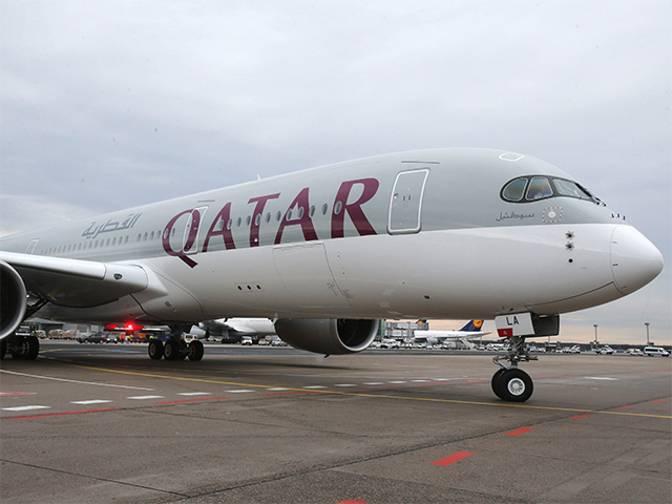
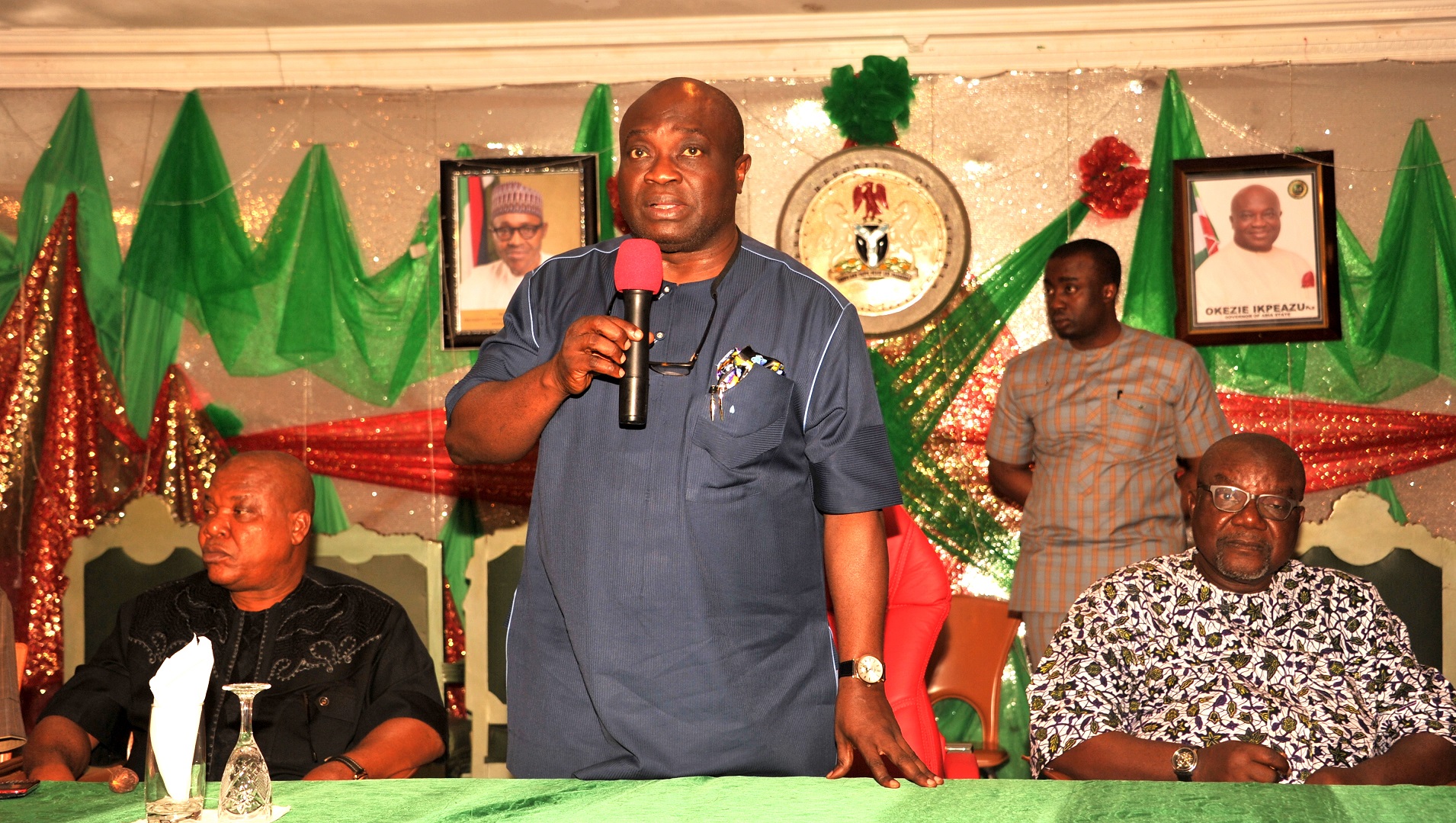
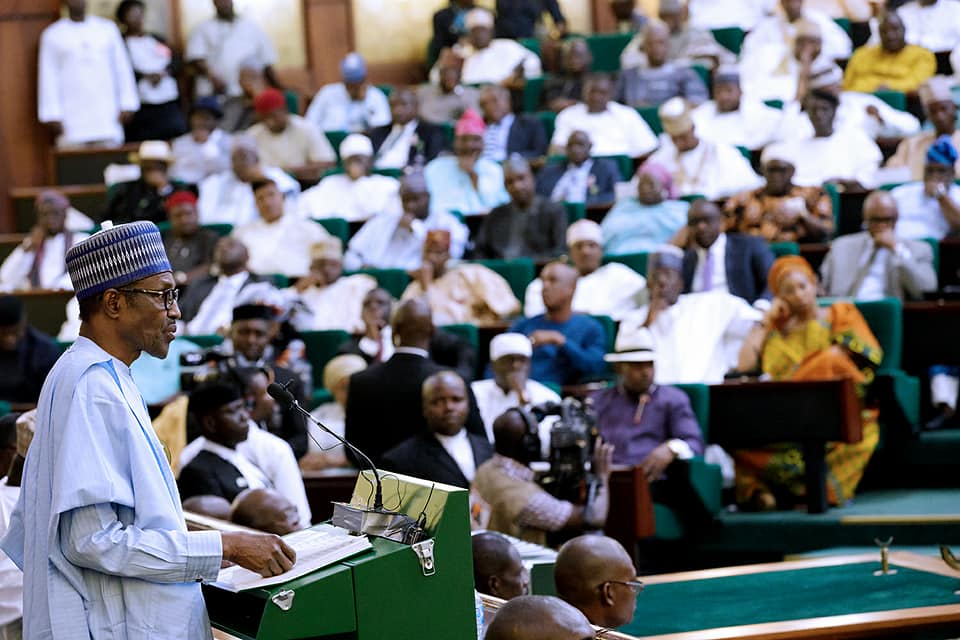

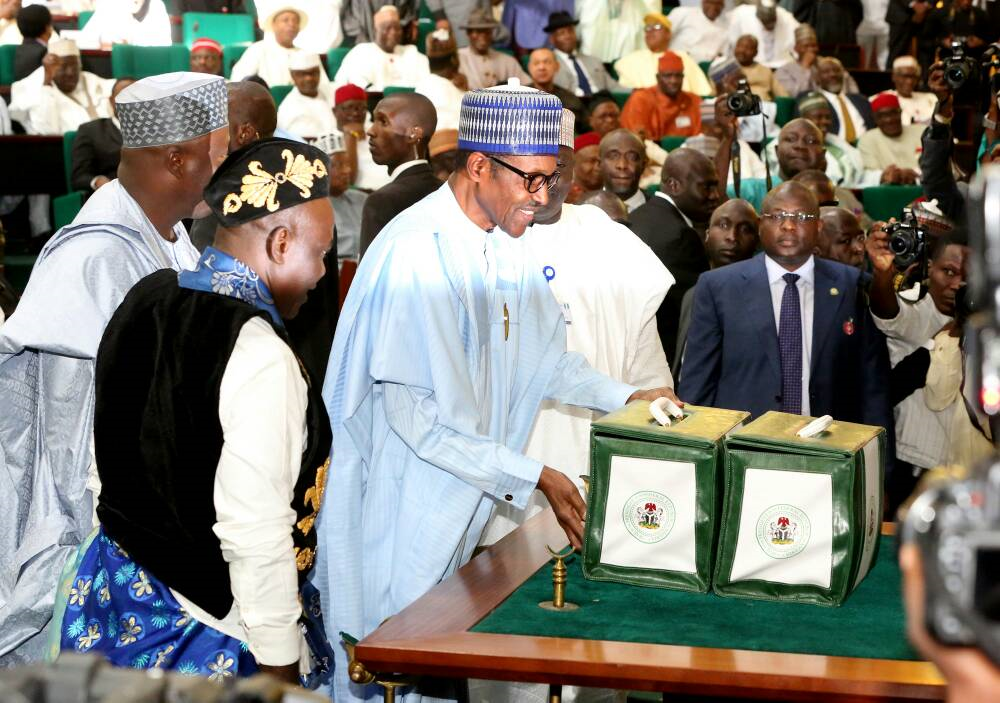
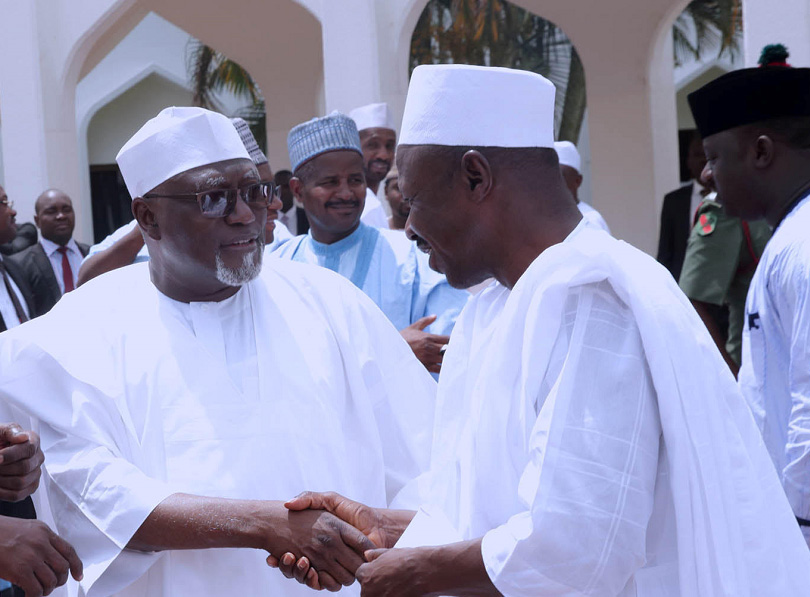
Where in Nigeria can I get dollar for 305? please someone tell me.